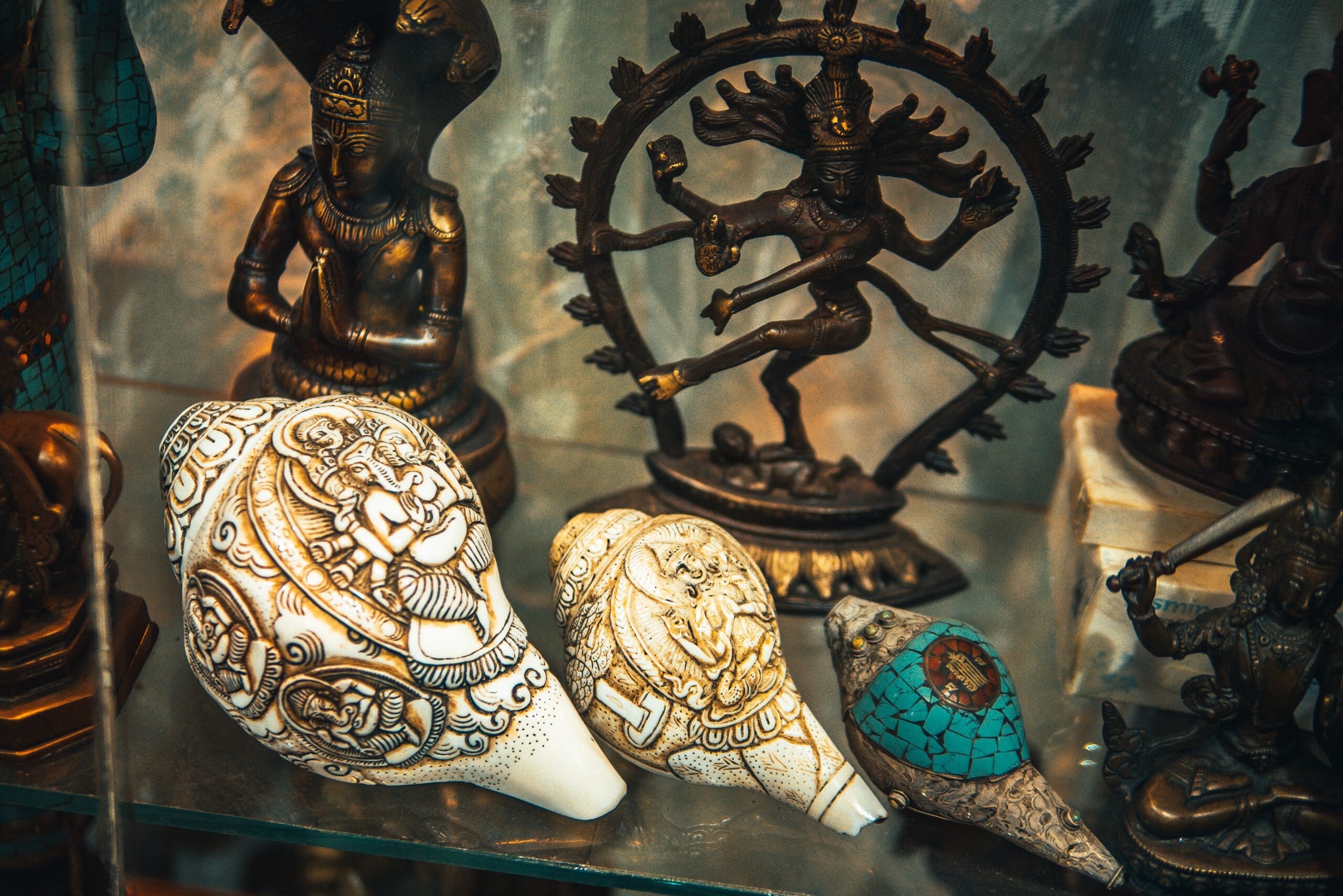
India is a land of diverse cultures, traditions, and beliefs. The country boasts of a rich and vibrant heritage that has been shaped by centuries of history, religion, and social customs. From the majestic Himalayas in the north to the sandy beaches of the south, from the bustling cities to the serene villages, India is a kaleidoscope of colors, flavors, and aromas that never ceases to amaze its visitors.
One of the most striking aspects of Indian culture is its diversity. India is home to people of different religions, languages, and ethnicities. This has led to the creation of a unique blend of customs and traditions that are not found anywhere else in the world. The country’s rich cultural heritage can be seen in its music, dance, art, literature, cuisine, and festivals.
Music and dance have always been an integral part of Indian culture. Classical Indian music has a rich history that dates back to several thousand years. The country is also famous for its diverse dance forms, each of which has a unique style and flavor. Some of the most popular dance forms include Bharatanatyam, Kathakali, Kuchipudi, and Manipuri.
Indian art is also world-renowned. From the ancient cave paintings of Ajanta and Ellora to the intricate sculptures of Khajuraho, Indian art has a long and glorious history. The country is also famous for its textiles, which are known for their intricate designs and vibrant colors. India is home to some of the finest silk, cotton, and woolen fabrics in the world.
Indian literature is equally rich and diverse. The country has a long tradition of storytelling, which can be seen in the epics of Ramayana and Mahabharata. Indian literature is also famous for its poetry, which has a unique style and rhythm. Some of the most famous Indian poets include Rabindranath Tagore, Kalidas, and Mirza Ghalib.
Indian cuisine is a delight for food lovers. The country’s diverse geography has led to the creation of a wide variety of dishes that vary from region to region. From the spicy curries of the north to the seafood delicacies of the south, Indian cuisine has something for everyone. Some of the most famous Indian dishes include biryani, dosa, samosa, and tandoori chicken.
Festivals are an integral part of Indian culture. The country celebrates a wide variety of festivals, each of which has its unique customs and traditions. Some of the most famous festivals include Diwali, Holi, Eid, Christmas, and Durga Puja. These festivals bring people together and promote harmony and unity.
In conclusion, Indian culture is a rich tapestry of customs, traditions, and beliefs. The country’s diversity is its strength, and it is this diversity that has led to the creation of a unique cultural heritage. Indian music, dance, art, literature, cuisine, and festivals are a testament to the country’s rich cultural legacy. As the country continues to evolve and modernize, it is important to preserve and celebrate this rich cultural heritage for generations to come.






